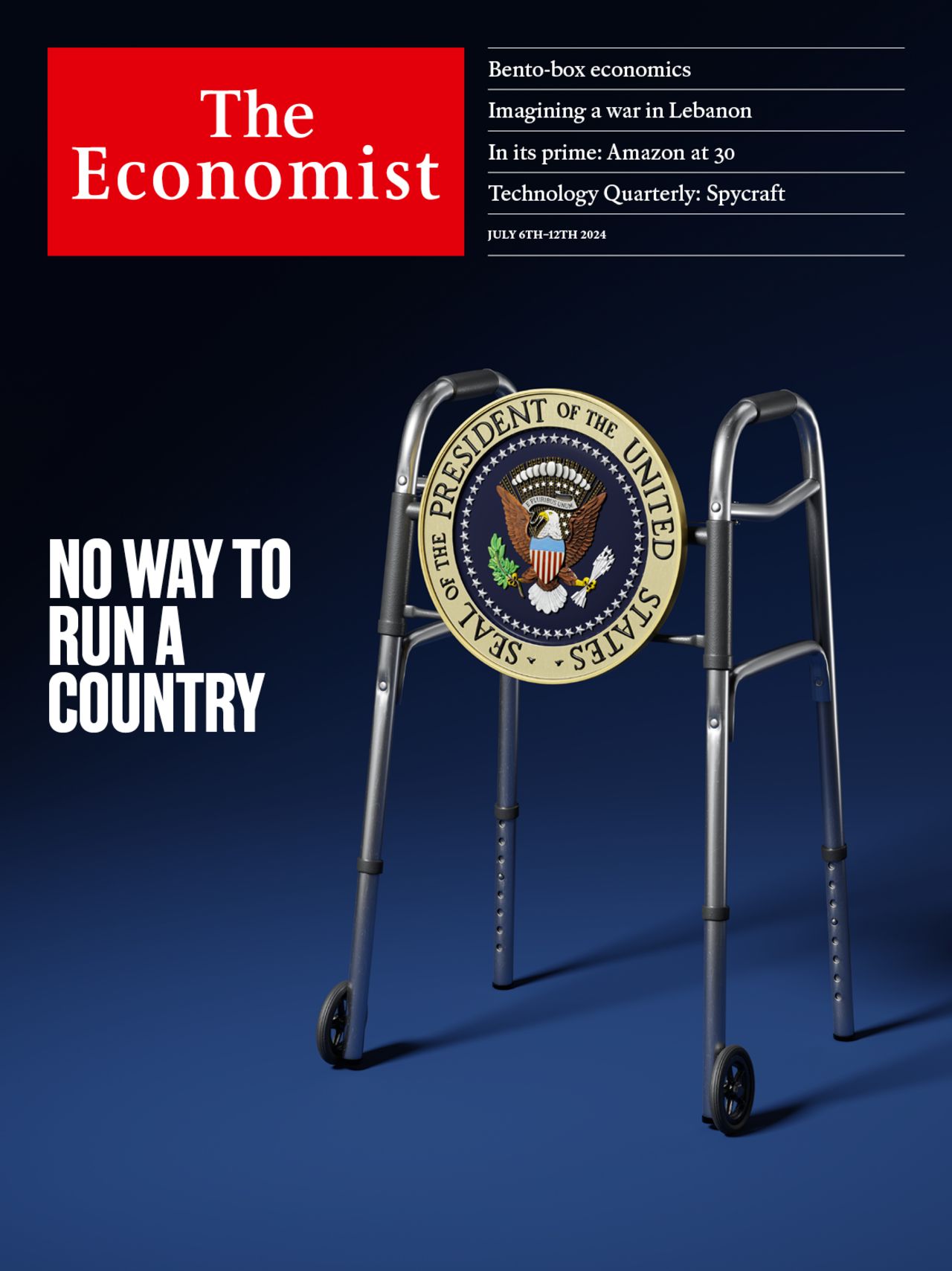How spies should use technology
Digital tools are transforming spycraft, but won’t replace human agents

Philo of Byzantium, an inventor of the third century BC, described how crushed gallnuts, dissolved in water, could make invisible ink. Technology has shaped spycraft for millennia, but today it is having an unprecedented effect. The internet enables covert action on a grand scale. Biometric border controls impede spies operating abroad. Smartphones haemorrhage secrets.
This article appeared in the Leaders section of the print edition under the headline “How spies should use technology”
Leaders July 6th 2024
- Why Biden must withdraw
- Labour has won the British election. Now it has to seize the moment
- Hizbullah poses a grave threat to Israel
- As Amazon turns 30, three factors will define its next decade
- Central banks are winning the battle against inflation. But the war is just getting started
- How spies should use technology
- How to Trump-proof America’s alliances
More from Leaders

Germany’s failure to lead the EU is becoming a problem
A weak chancellor and coalition rows are to blame

How to ensure Africa is not left behind by the AI revolution
Weak digital infrastructure is holding the continent back

A global gold rush is changing sport
Fans may be cooling on the Olympics, but elsewhere technology is transforming how sport is watched
Can Kamala Harris win?
Joe Biden’s vice-president has an extraordinary opportunity. But she also has a mountain to climb
MAGA Republicans are wrong to seek a cheaper dollar
It is hard to cast America as a victim of the global financial system
Joe Biden has given Democrats a second chance to win the White House
If they are not to squander it, they must have a proper contest
